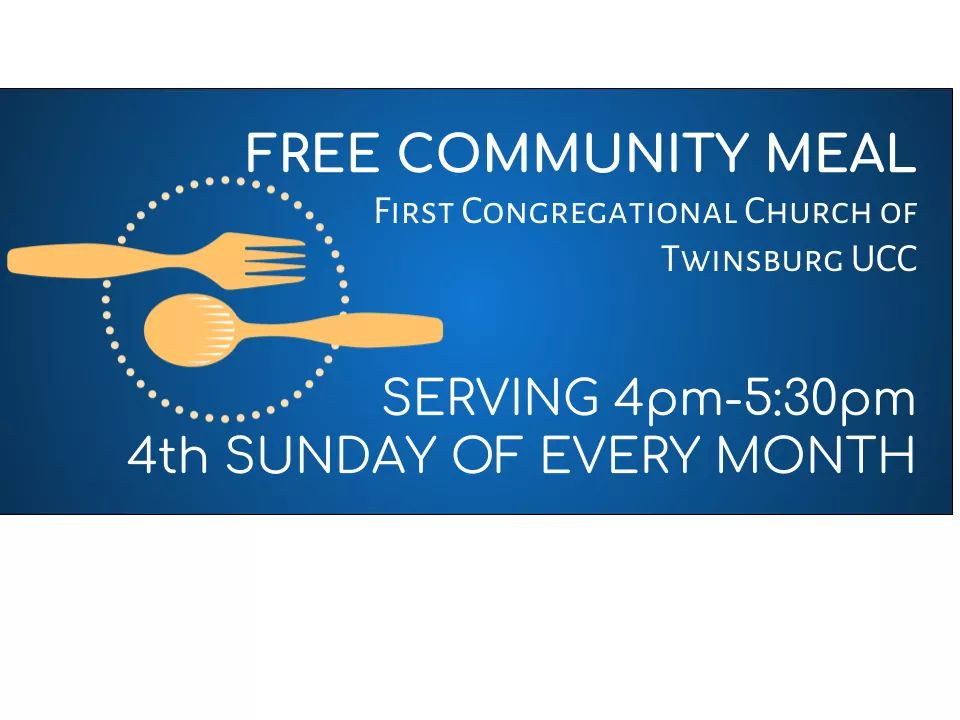So much of life is just consumed with living. Getting the bills paid, getting to work, getting the kids, getting groceries, getting the dog to the vet, getting the yard done; you know, just living. Some look at this and ask, “Is this all there is?” Most just accept it and live what I call, “the settled-for-life.”
Those few moments that we can squeeze time for the Scriptures, we are confused by the way life should be for those with faith. We read that those with faith in God, “through faith conquered kingdoms, enforced justice, obtained promises, stopped the mouths of lions, quenched the power of fire, escaped the edge of the sword, were made strong out of weakness, became mighty in war, put foreign armies to flight. Women received back their dead back to life (Heb 11:33-35).”
I guess when we read this picture, we assume it is just some fantasy, a grand illusion of something far beyond any of us. Yet, this is not an abnormal picture of the life of faith, it is just the life that cannot be lived by accepting just the settled-for-life. We are challenged by Scripture to “lift up our eyes.” God told Abraham to lift up his eyes and see the land promised to him and his descendants. Jesus tells his disciples to lift up their eyes and see the fields that are ready for harvest.
There is a quest for us to lift up our eyes and see what we could do by faith. This week’s sermon is about David and a spiritual quest he undertook for God. It has valuable lessons for us as we attempt great things for God.
Read 2 Samuel 7:1-14
Pastor Greg





